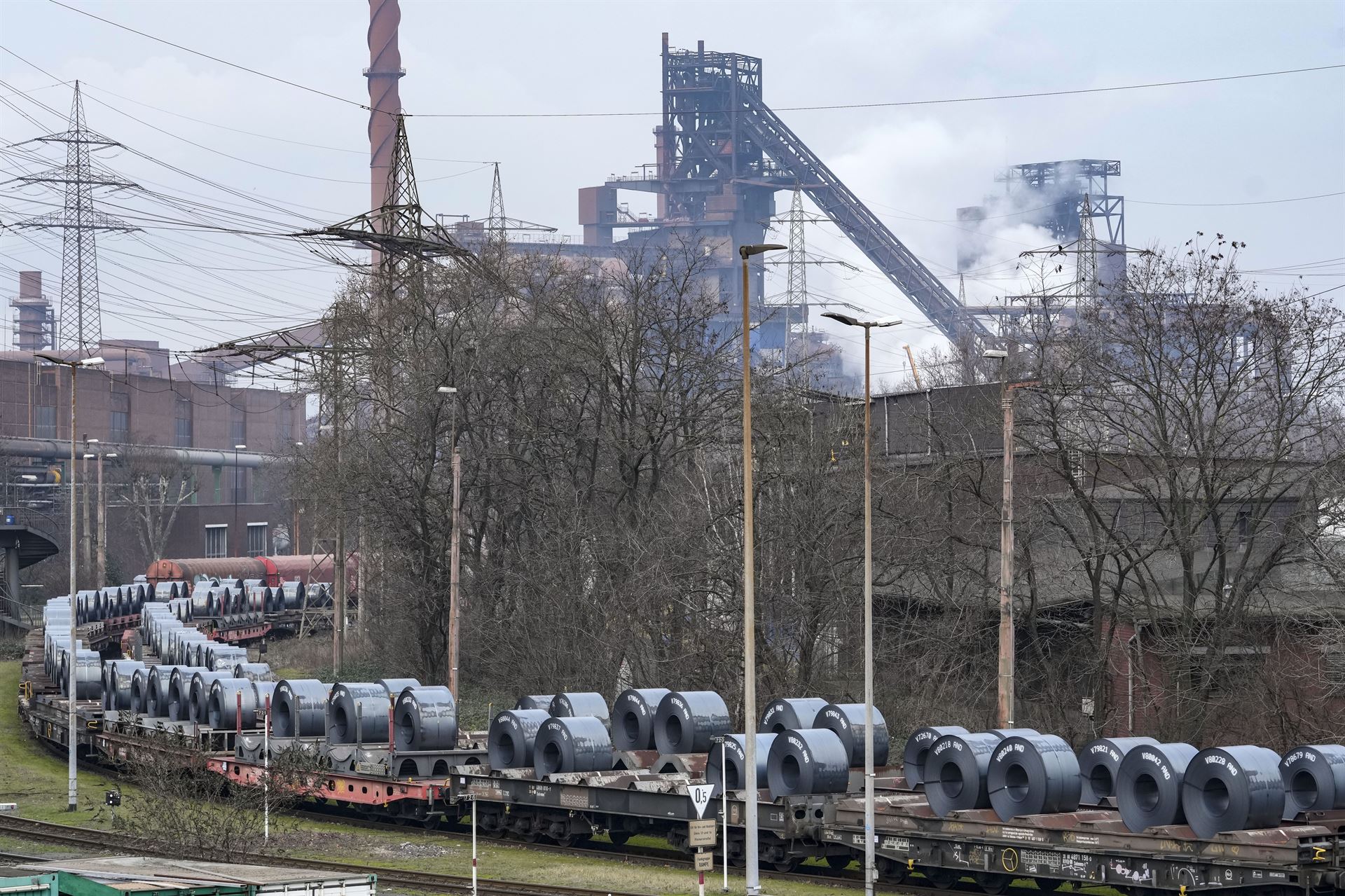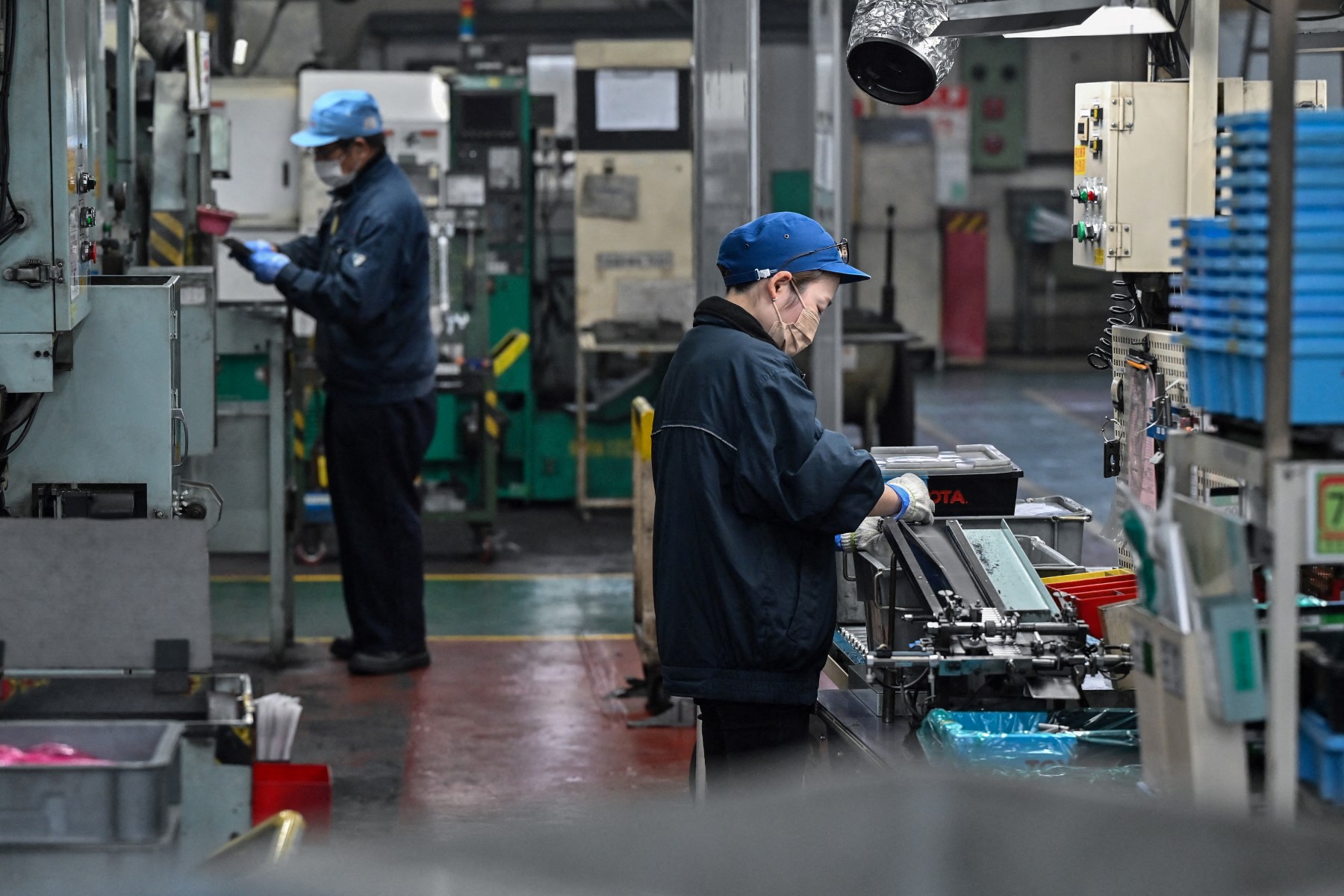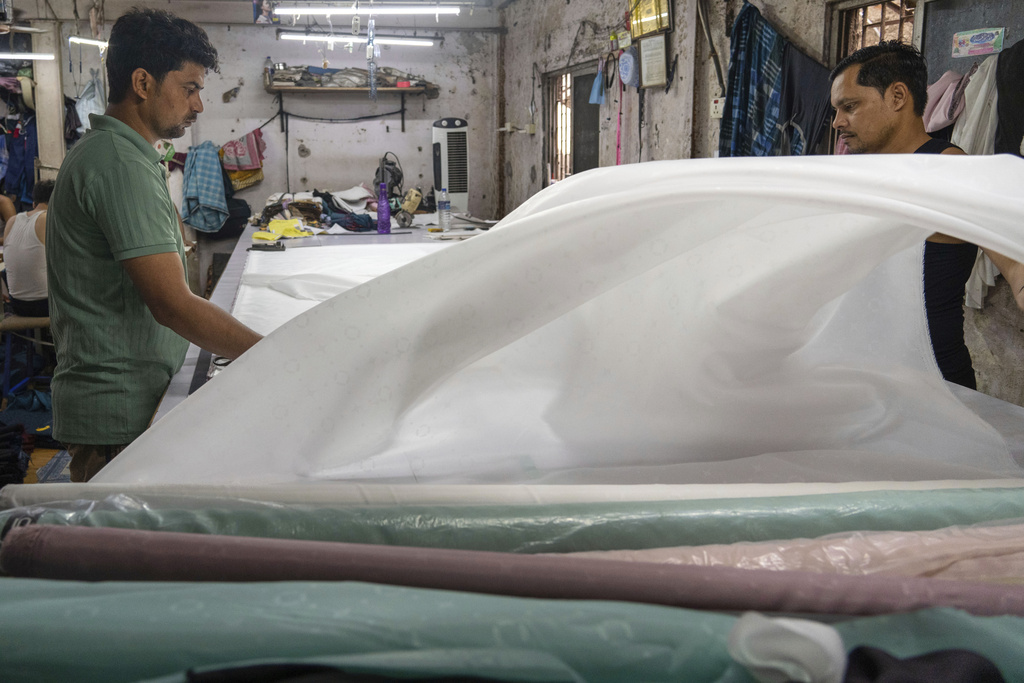
LONDON/TOKYO - European manufacturing took another step towards stabilization in May but Asian factory activity shrank as US tariffs took a heavy toll, surveys showed, highlighting the darkening outlook for the once fast-growing region.
US President Donald Trump's flip-flopping on trade tariffs has left firms unsure about where the charges will settle.
Still, production increased for a third consecutive month in the common currency area, supported by a near-stabilization in demand.
The HCOB Eurozone Manufacturing Purchasing Managers' Index rose to 49.4 in May from 49.0 in April, marking a 33-month high and in line with a preliminary estimate but remaining below the 50.0 threshold separating growth from contraction.
France's PMI moved closer to breakeven at 49.8, a 28-month high. But Europe's largest economy, Germany, remained the weakest performer among the big euro zone members with a PMI of 48.3.
ALSO READ: Europe urged to unite amid US tariffs, rising debt, and big tech challenges
"I wouldn't read too much into the numbers today. A bit up for France, a bit down for Germany," said Salomon Fiedler at Bernberg.
"For the euro zone as a whole we are stable."
In Britain, outside the European Union, the downturn was less steep than first feared in May but output, orders and jobs continued to drop as companies cited recent tax hikes and Trump's tariffs.

Asia struggles
Trade-reliant Japan and South Korea continued to see manufacturing activity contract in May as Trump's automobile tariffs cloud the outlook for exports.
With many Asian economies making little progress in trade negotiations with the US, uncertainty will likely keep companies from boosting production or spending, analysts said.
ALSO READ: Steelmakers in South Korea, Vietnam tumble on Trump's new tariffs
"It's hard to expect a pick-up in Asia's manufacturing activity any time soon with countries in the region slapped with quite high 'reciprocal' tariffs," said Toru Nishihama, chief emerging market economist at Dai-ichi Life Research Institute.
Japan's final au Jibun Bank manufacturing PMI stood at 49.4 in May, up from April but stayed below 50.0 for an 11th successive month.
The PMI for South Korea, Asia's fourth-largest economy, stood at 47.7 in May, staying below 50 for a fourth month due to frail demand and the hit from US tariffs, S&P Global's survey showed.
Both Japan and South Korea saw their economies contract last quarter, as Trump's tariffs and uncertainty over US trade policy weighed on exports and corporate activity.

India's manufacturing growth slowed to a three-month low in May as demand softened amid price pressures and geopolitical tensions, a survey showed on Monday.
There is little sign conditions will improve.
On Friday, Trump announced a doubling of worldwide steel and aluminium tariffs to 50 percent, once again rattling international trade.
Japan and the US on Friday agreed to hold another round of trade talks ahead of the G7 summit in June, but Japan's top tariff negotiator said no deal would be reached without concessions on all US tariffs, including on automobiles.
READ MORE: Australia calls US plan to double steel, aluminum tariffs ‘unjustified’ act of ‘self harm’
Vietnam, Indonesia and Taiwan also saw factory activity contract in May, their surveys showed.


